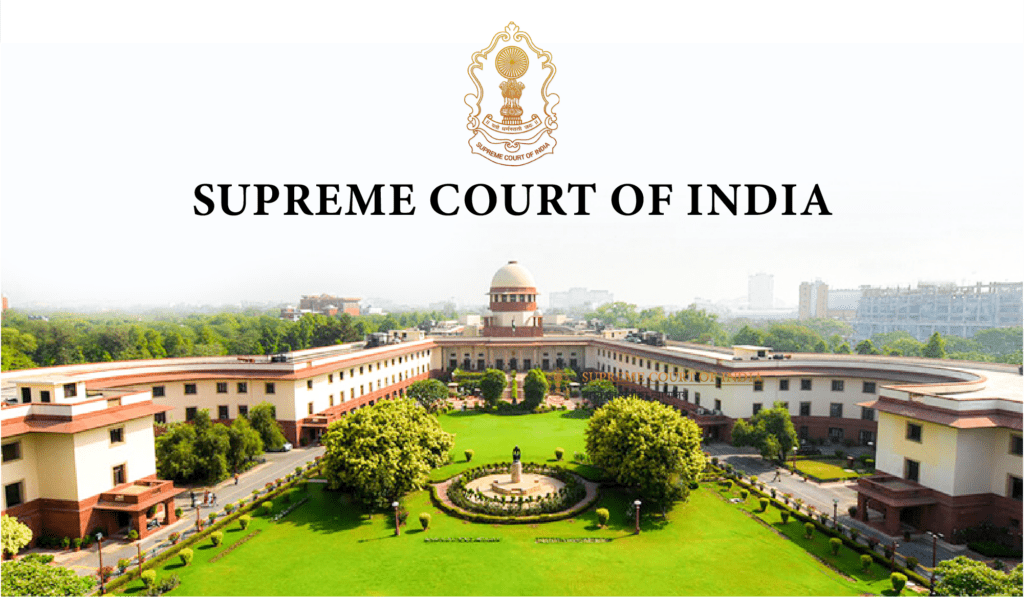
Child Custody Lawyers In Delhi
The problem of ‘Child Custody’ arises during divorce proceedings or judicial separation; it becomes an essential matter for the courts to decide. Consult with Child Custody Lawyers before taking any action. Pal Law practise is a law practise in Delhi with Expert Child Custody Lawyers who have been practising Child Custody Law for over ten years. kid custody refers to the process of governing, caring for, and maintaining a kid under the age of 18 by the custodial parent (rights awarded by the court) within certain limitations such as financial security, understanding with the child, lifestyle, and so on. The custodial parent has the primary right to nurture the child in terms of education, development, medical, emotional, physical, and so on, while the noncustodial parent merely has the right to access and meet the child. In numerous circumstances, both parents are given access to the child, but physical custody is frequently given to one of the parents. When determining on this issue, the Family Courts must prioritise the best interests of the child.

Types Of Child Custody In India
Innumerable judgements of the Indian judiciary have concluded that the best interests of the kid in kid Custody proceedings must take precedence over all legal provisions. Under specific laws and regulations, the court awards the right to child custody to either one or both parents. Given the sensitivity of the situation, Indian law allows parents to seek child custody in the following ways. They are as follows:
- Physical Custody: A kid in physical custody lives with the custodial parent and participates in all daily activities.
- Joint Physical Custody: In joint physical custody, the child stays with both parents for an extended period of time. Both parents have equal rights to their child in such a situation.
- Sole Custody: In sole custody, only one parent has the legal right to live with the child. This is common in situations where the other parent is abusive, unstable, violent, or unable.
- Third-Party Custody: In third-party custody, neither biological parent has any rights to the child. Instead, the court awards child custody to a third party.
